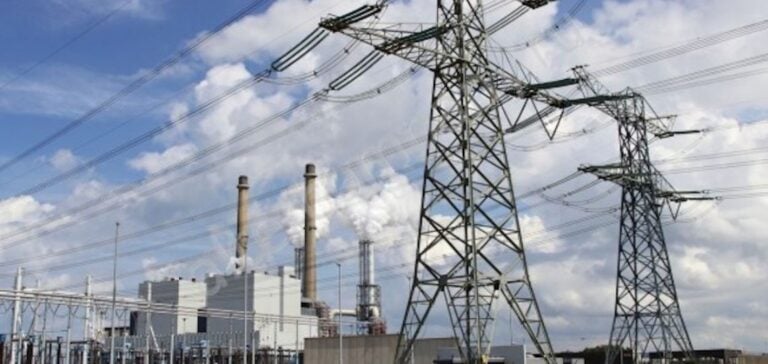National Grid, a key player in the UK energy sector, has unveiled a historic £35 billion investment aimed at profoundly transforming the electricity grid in England and Wales. This project is part of a massive modernization effort to support the ambitious environmental goals set by the UK government.
According to John Pettigrew, CEO of National Grid, this initiative represents an unprecedented step forward: “With this plan, we will nearly double the amount of energy transported across the country.” This infrastructure upgrade addresses a growing demand for electricity, driven by the development of new housing, high-energy data centers, and the transition of industries to electric technologies.
Decarbonized electricity by 2030
The UK has committed to achieving completely decarbonized electricity by 2030, reducing greenhouse gas emissions by at least 81% by 2035 (compared to 1990 levels), and reaching carbon neutrality by 2050. The Labour government recently reinforced this ambition by launching a major green energy plan. This program includes the creation of Great British Energy, a new public company with a £8.3 billion budget over five years, designed to invest in technologies such as floating wind turbines and tidal energy.
Modernization and complementary investments in Scotland
Although National Grid is responsible for electricity transmission in England and Wales, other companies are contributing to this modernization effort. In Scotland, SSE has announced a £22 billion investment program by 2031, while Scottish Power Transmission plans to allocate £10.6 billion to modernize the local grid.
Russ Mould, investment director at AJ Bell, highlights the importance of these initiatives: “The UK grid must evolve to meet a constantly increasing demand for electricity, whether to support artificial intelligence, new housing, or industries in transition.”
With these significant investments, the UK is equipping itself to tackle future energy challenges while aligning with its climate commitments.






















